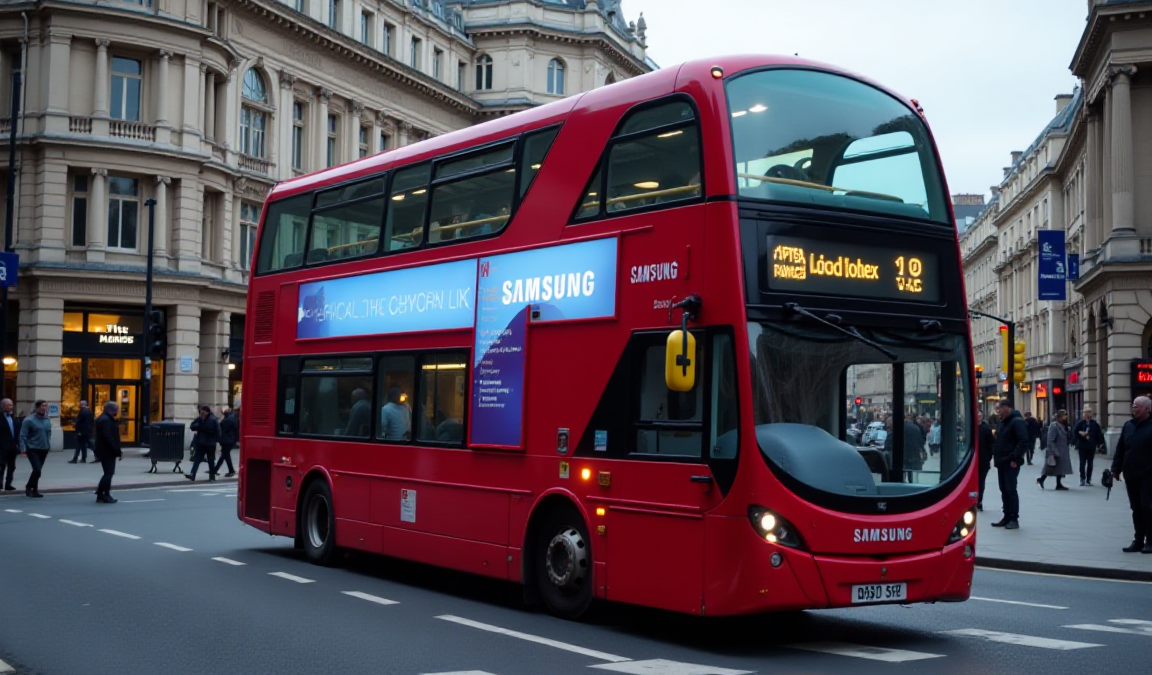Samsung Electronics has secured a significant legal victory in the UK, marking a turning point in its ongoing global dispute with ZTE over mobile phone patent licensing.
London’s High Court has granted Samsung an interim licence to use ZTE’s standard-essential patents (SEPs), allowing the South Korean company to maintain business continuity while fair, reasonable, and non-discriminatory (FRAND) licensing terms are determined by the court.
This decision represents the first time a UK court of first instance has declared such a short-term licence agreement in a telecoms patent dispute.
The case sheds light on how courts are increasingly navigating cross-border IP conflicts, particularly where multiple jurisdictions are involved in setting FRAND terms.
UK court grants interim licence for ZTE patents
The ruling, issued on Wednesday by Judge James Mellor, follows Samsung’s December 2024 filing in the London court, where it sought FRAND terms for a global patent licence from ZTE.
In response, ZTE launched legal proceedings in China, Germany, and Brazil, creating a complex web of overlapping lawsuits.
Samsung’s argument centred on the need for an interim licence to prevent business disruption while a final decision on global FRAND terms is pending.
The London court agreed, rejecting ZTE’s position that any interim deal should rely on terms set by a Chinese court in Chongqing.
Judge Mellor described ZTE’s conduct as “bad faith,” accusing the Shenzhen-based company of launching unnecessary injunctions and trying to force Samsung to abandon its UK case.
He noted that ZTE’s approach was designed to “render this action pointless” by pushing Samsung toward an outcome in ZTE’s preferred jurisdiction.
Global context of the Samsung-ZTE patent dispute
The Samsung-ZTE dispute is part of a broader trend in the telecom industry, where legal battles over FRAND terms increasingly spill across international borders.
Since a landmark UK Supreme Court decision in 2020, British courts have asserted their authority to set global FRAND terms, alongside jurisdictions like China.
Earlier precedents include disputes between Amazon and Nokia, as well as Lenovo and Ericsson.
In those cases, UK courts allowed interim licences during litigation, though they were resolved before trial.
Samsung’s win stands out as the first case where a court of first instance has formally granted such a declaration.
ZTE’s strategy of pursuing legal actions in multiple countries, especially in China, where it believes it has an advantage, reflects the growing complexity of cross-jurisdictional patent enforcement.
Samsung’s success in securing a UK ruling may signal to other global tech firms that English courts remain a viable forum for resolving FRAND disputes—even when parallel actions are active elsewhere.
Implications for future FRAND litigation
The case has implications for companies engaged in SEP licensing negotiations, particularly in industries like telecoms and consumer electronics where global market access is critical.
Interim licences can prevent supply chain disruptions and offer a legal buffer while complex licensing terms are hammered out.
With courts in both the UK and China asserting jurisdiction over global FRAND determinations, the risk of jurisdictional conflict remains high.
However, the UK ruling suggests that where a company appears to obstruct proceedings through legal manoeuvres, English courts may intervene to preserve the integrity of the trial process.
While both Samsung and ZTE declined to comment following the decision, legal analysts are closely watching the next steps in the litigation. A full trial on FRAND terms is expected, and the precedent set by this interim ruling could influence similar disputes involving patent-heavy sectors.
Cross-border patent strategies under scrutiny
The growing willingness of courts to issue interim declarations reflects a shift toward more active judicial management of cross-border licensing disputes.
For multinationals like Samsung and ZTE, it underscores the importance of legal strategy and jurisdictional positioning in patent-heavy industries.
As the battle moves into its next phase, the UK court’s intervention highlights the evolving dynamics of SEP litigation.
It also places further pressure on companies to engage in good faith negotiations, or risk legal rebuke and strategic setbacks in key jurisdictions like the UK.
The post Samsung wins key UK ruling in global patent battle with ZTE appeared first on Invezz


